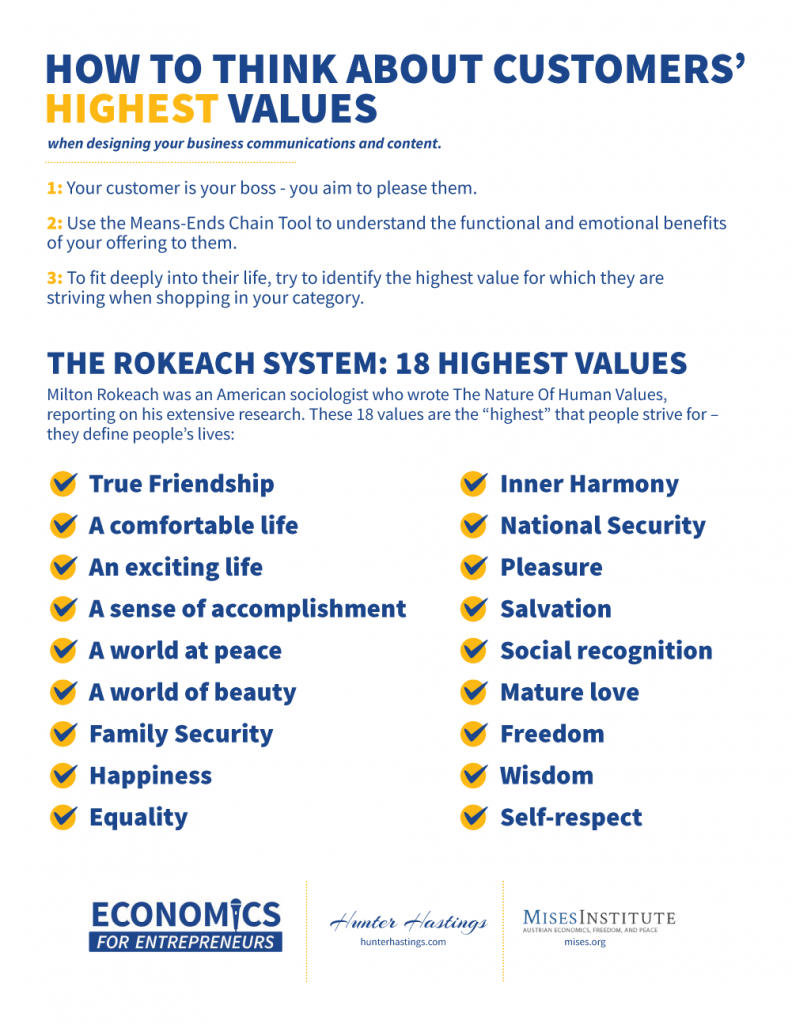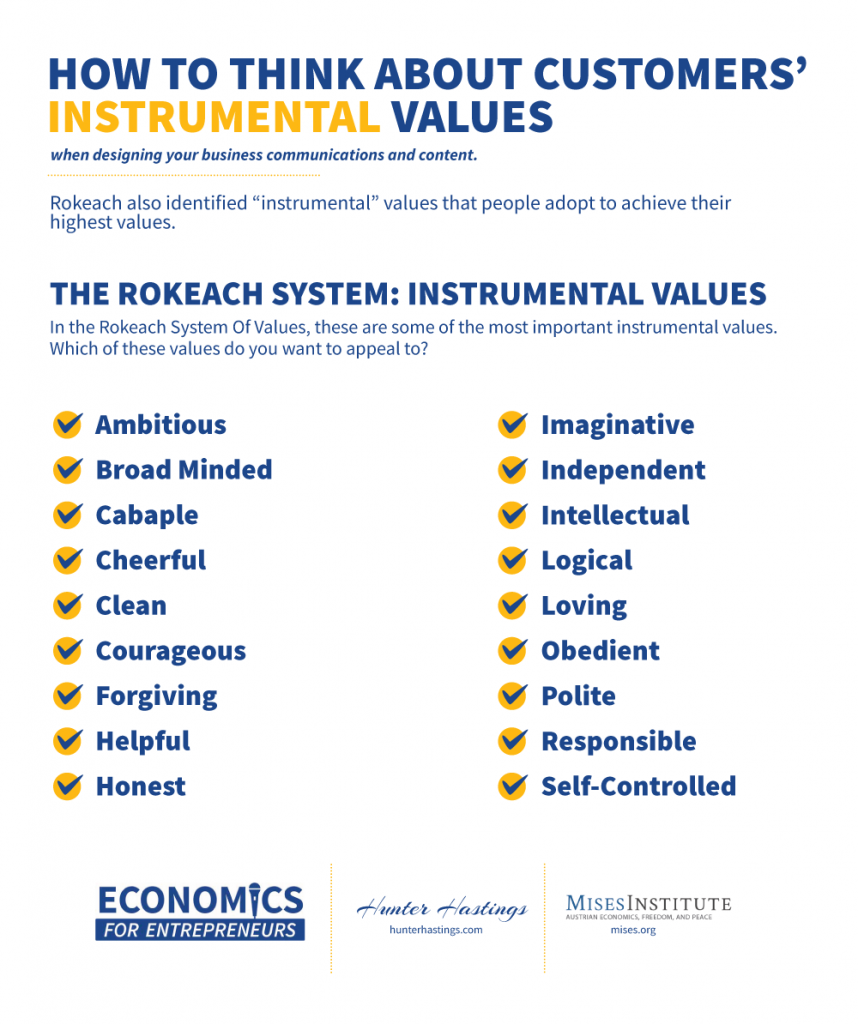A Values-Driven Entrepreneur Shares Ten Principles For Success In The Highly Competitive World Of Sports Content.
There are many kinds of entrepreneurs. They are all instigators of win-win arrangements in which customers are served in innovative ways by enterprising individuals and firms. Lives are improved for consumers and producers.
Recently, I was able to learn the path to success of an individual who chose the crowded and highly contested field of sports content production, navigated a way to the top, and then broke out in a new entrepreneurial distribution initiative. Jason Whitlock, the famed sports journalist and occasionally outspoken opinion commentator, shared many principles of his success; here is a summary.
Choose a field that fits your personality and interests.
Entrepreneurs talk about assembling a unique and competitively advantaged set of resources. Jason’s unique resources are a love of sports, some original thinking, and a distinctive personality that he was able to express in writing. He wasn’t deeply technically trained for his first profession (journalism) beyond writing for his college newspaper. That wasn’t the point. His commitment to the pathway – starting at the very lowest point in the climb – was the point. This is what the textbooks and white papers call effectual entrepreneurship.
Choose your path based on vocation, and not purely for financial reasons.
Don’t choose entrepreneurship to “get rich” or “make a killing”. Choose it because it’s your vocation. Jason wanted to stay in the world of sports, one he’d joined by playing football in college. If he could spend the rest of his life writing about and talking about sports, he felt he’d be happy – he’d have life licked, as he put it. Would he make money? An adequate salary probably, but money was not his goal.
Credentials are nice but hard work and experience advance you.
Jason has won a number of prestigious awards over his time on the path to success. He was delighted to receive them. But he stressed that advancement comes not from the credentials but from the hard work and experience-gathering of which they are a reflection. Experience is the most important: learning from others, learning from circumstances and events, learning from setbacks, learning from observing industry trends and what happens to others. Experienced entrepreneurs are the most successful in business even if they have made mistakes along the way – because they are able to glean from their experiences what is most important for the success of a business and what is merely incidental or actually detrimental.
Let your values guide you the whole way – define them, write them down, adhere to them.
Jason has thought deeply about – and codified – his own values. He includes them in his personal profile on his entrepreneurial distribution platform, Outkick. He cites Booker T. Washington as one of his guides. The entrepreneurial life is a values-driven life.
Study your field – know its history and role models.
It dawned on Jason why they teach you history in school – in order to learn about trends and the consequences of actions and the role of change and the nature of competition in ideas, institutions, nations and firms. Having chosen sports journalism as his field, he studied it deeply, to get a sense of how it changed over time, with technology, and in the culture. He tried to imagine – even though no-one can forecast – how it might evolve over time, and to equip himself for a new and different future.
Your intuition and innate ability to read people are your best tools for managing the future.
We discussed the entrepreneurial act of embracing change and trying to “stay ahead of it”, in Jason’s words. How do you do that? He elevates the role of intuition and empathy over data gathering and predictive analytics. At Mises University 2020, Professor Peter Klein spoke of the elevated role Austrian economics allocates to those two cognitive skills, and even cited academic studies about the entrepreneurial advantages of intuition (“smart intuitors”) among cognitive skills.
Be yourself! Emphasize your own uniqueness, personality and talents.
Many of the assets Jason brings to the business of sports are personal and individual – a sense of humor, a jaunty outspokenness, a willingness to delve below the surface in defiance of conventional wisdom. In a corporate world, these traits can be viewed through a clouded lens; in the entrepreneurial world, they can be great strengths and differentiators if applied for customer benefit, information, and entertainment. Be yourself, and on your vocational path, your individual attributes will support you in your journey.
Always keep building a bigger and bigger platform for yourself and your content.
Jason started his career at the bottom of the ladder, covering minor college sports for a local newspaper as a part-time reporter. That’s a platform – a small one. He kept ascending on to bigger platforms – a major city newspaper, then a national reporting and opinion platform (ESPN), and now an independent internet platform (Outkick). There is always the opportunity to expand and grow.
Embrace change; try to stay ahead of it by always reinventing yourself.
By studying change in his industry and attempting to understand it and chart it, or at least acknowledge it, Jason was able to avoid being caught out by unexpected disruption, and to embrace the wave. If it is impossible to predict and master change, it is feasible to be the kind of economic actor who can self-reinvent, whether that is by learning, moving from platform to platform, adding new skills and capabilities, or finding new audiences. Never get locked in to one persona or set of capabilities.
Your intuition and innate ability to read people are your best tools for managing the future.
I asked Jason how he predicts the future. Of course, he acknowledged, you can’t do that. But you do have tools, and intuition and what he called an “innate ability to read people and situations” are the most important. This is consistent with scientific research into the cognitive attributes of successful entrepreneurs. They have highly developed intuitive skills as well as more formal cognitive abilities, and it is a highly developed intuition that gives them the confidence to make quick decisions without waiting for all the data.
Always, always put your customer first. Be honest with them, be objective, and serve them distinctively.
It is the first principle of economics for business that the consumer is sovereign and that a successful business puts the customer in first role in everything that they do. Jason Whitlock confirmed the same principle. For a sports content producer, the customer is the reader, viewer or listener. Jason characterizes his audience as the intelligent sports fan who can appreciate an original take and distinctive reporting on subjects that many other content producers are covering in a more conventional fashion.
He commented on how athletes today don’t understand the principle. The customers are fans who attend the events and enjoy the performance. Athletes sometimes misunderstand and think that “their twitter feeds are their fans” and often go to the point of ridiculing or rejecting or offending their customers. We’d call that a failure to demonstrate empathy, and disrespecting consumer sovereignty. Successful entrepreneurs don’t make that mistake.
You can listen to Jason on the Economics For Entrepreneurs podcast #75.

